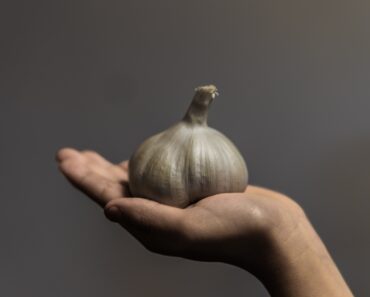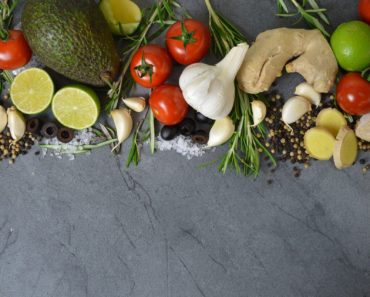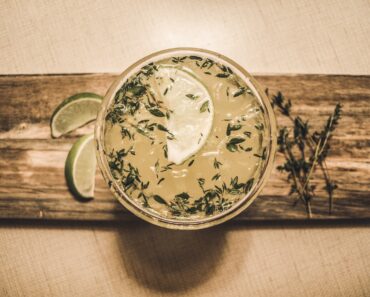 “You are what you eat”? That saying means the food you eat plays a huge part in your health. So you should have a heart-healthy diet to keep the blood vessels that service your eyes healthy.
“You are what you eat”? That saying means the food you eat plays a huge part in your health. So you should have a heart-healthy diet to keep the blood vessels that service your eyes healthy.
Vitamins A, C, and E are all especially beneficial for eyes, though other micronutrients come into play, too. Below, discover what foods—and meals— best benefit your eyesight and what foods to avoid for the sake of your vision.
Shellfish
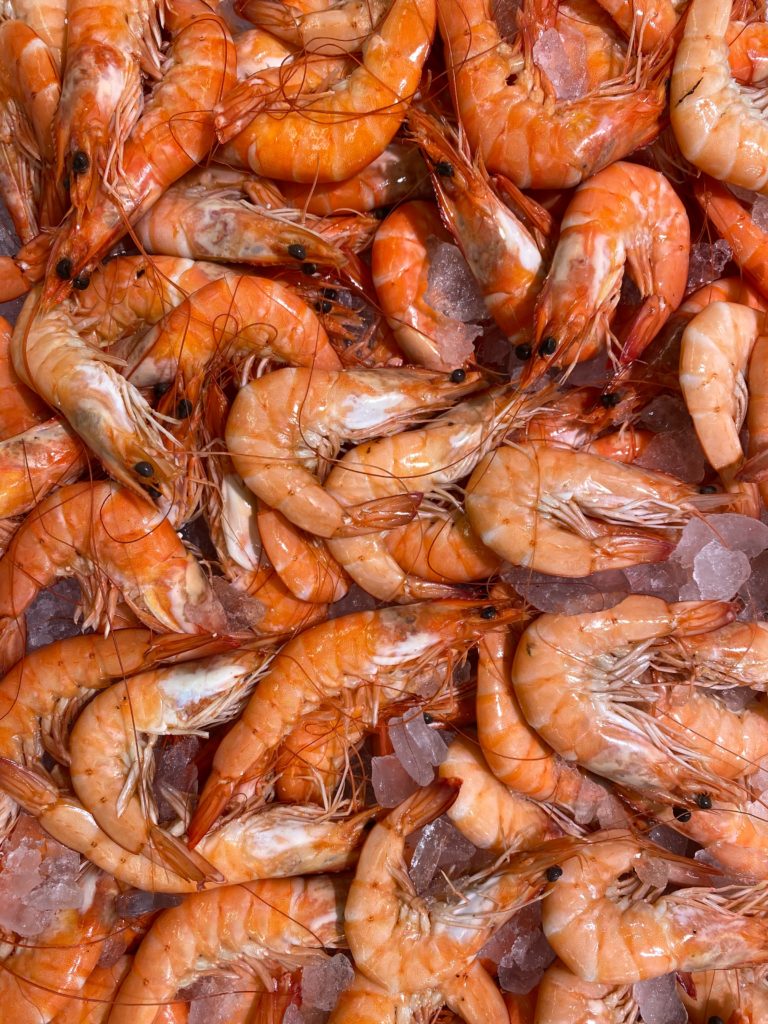
No one can deny that Zinc is a crucial nutrient for eye health, and shellfish provide it in abundance. Zinc is found mostly in the eye’s retina and choroid; low intakes are linked to cataracts and poor night vision.
Oily Fish
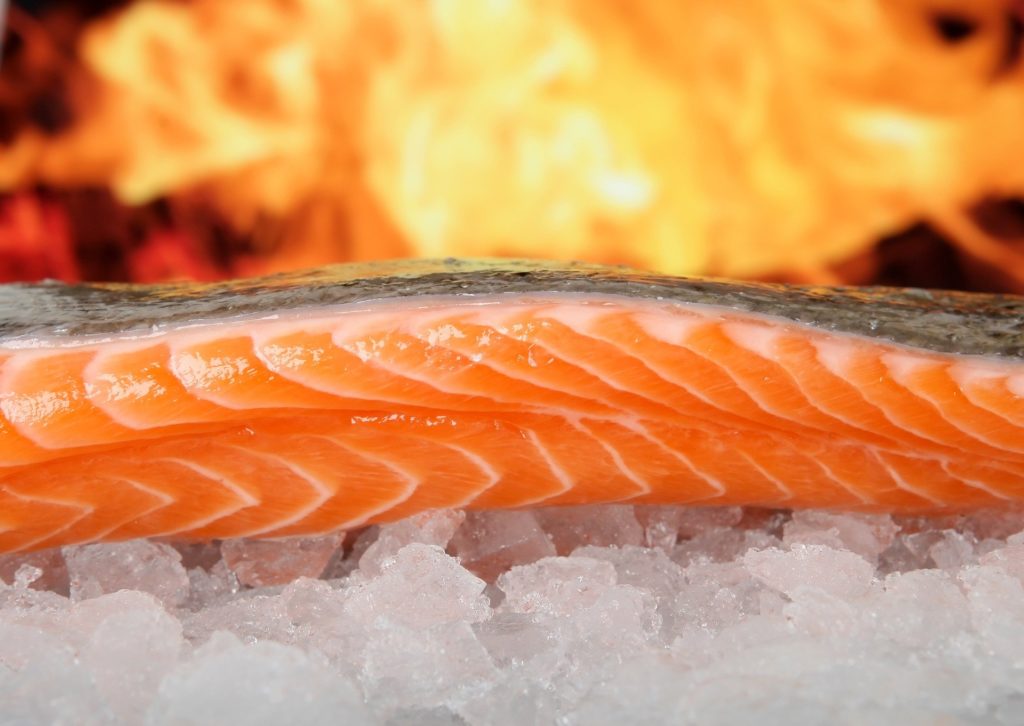
DHA is considered one of the omega-3 fats in oily fish, is vital for eye development and a functioning retina. A deficiency in omega-3 fats has been linked to dry eye syndrome.
Leafy Greens
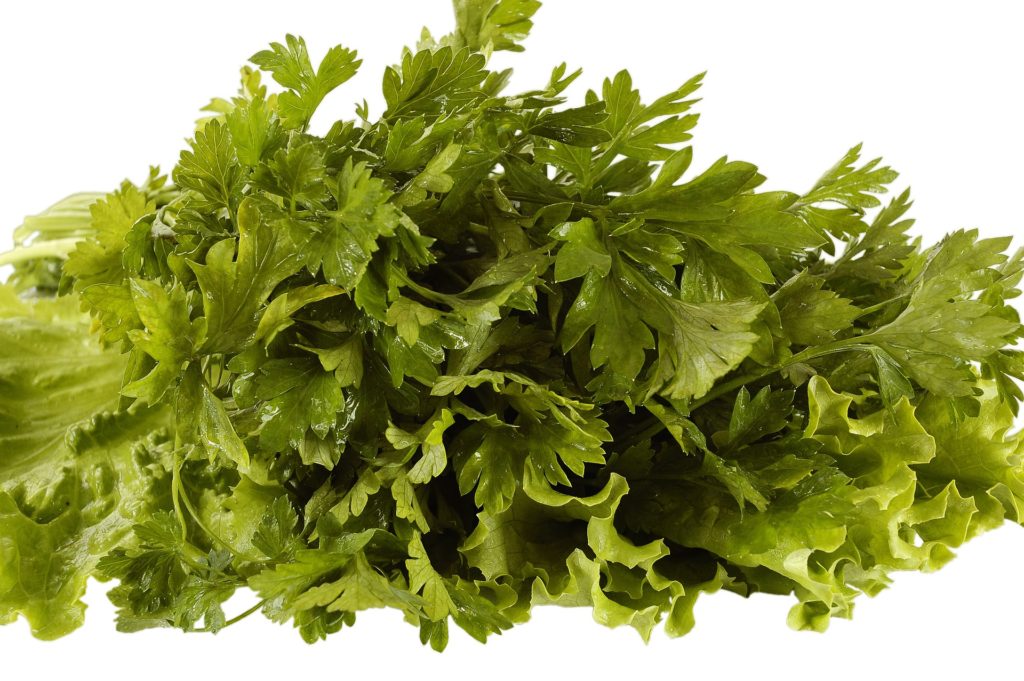
Leafy greeans contain a perfect combination of lutein, zeaxanthin, and vitamins C and E. They help protect against age-related macular degeneration, a leading cause of blindness.
Nuts
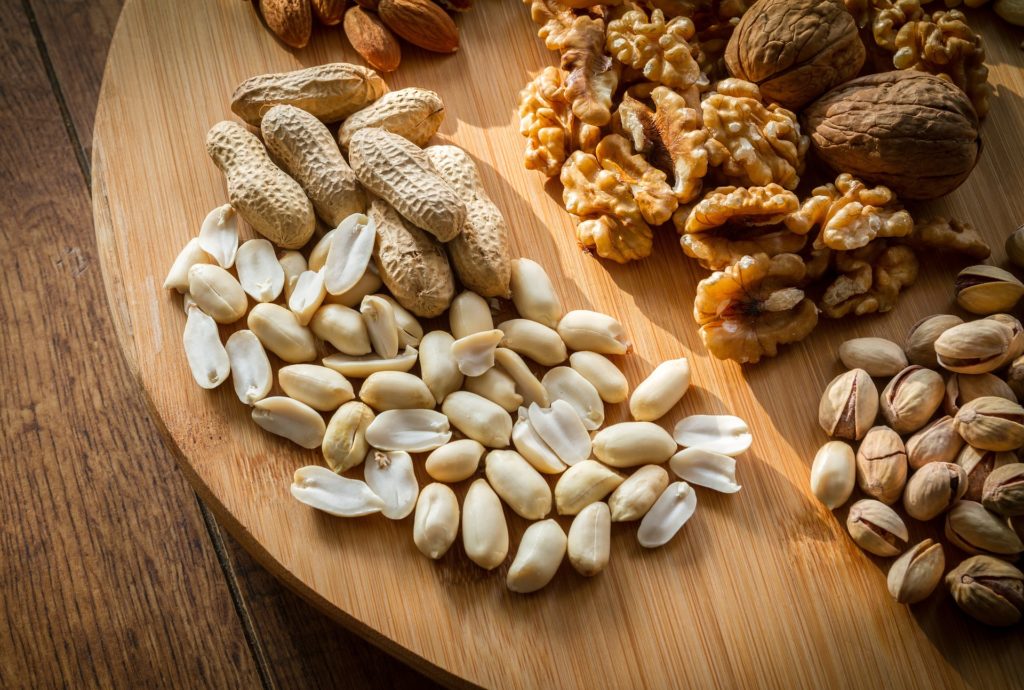
Pistachios, walnuts and almonds are rich in omega-3 fatty acids and vitamin E that perfect to your eye health.
Sweet Potatoes
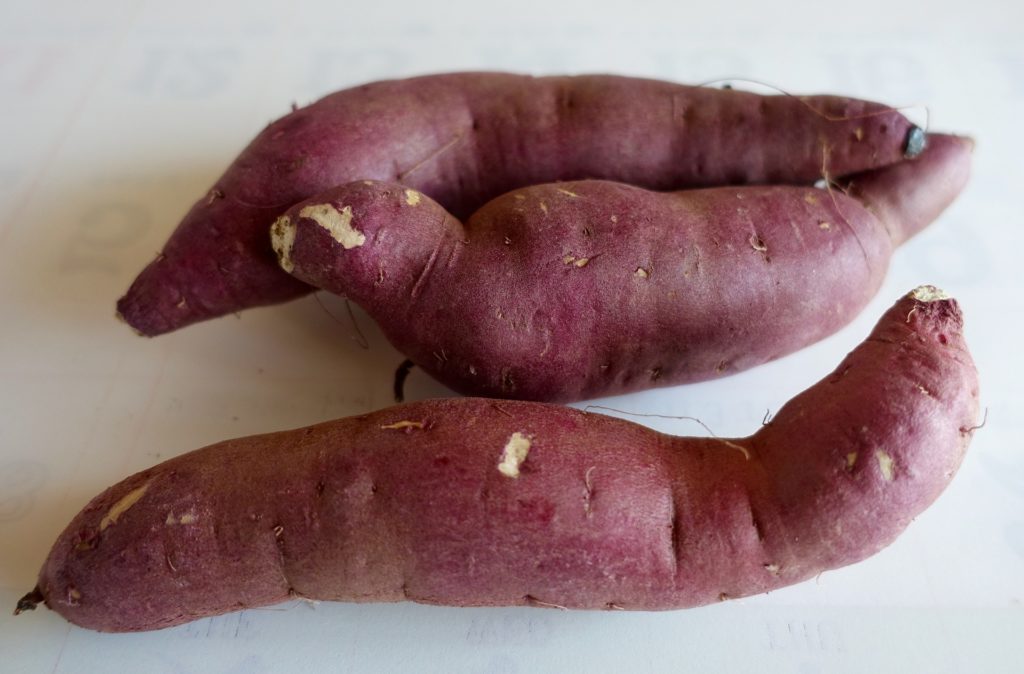
Sweet potatoes contain the beta-carotene. The body converts this beta-carotene into vitamin A, which is further transformed into rhodopsin—a pigment in the retina that helps with vision in low light.
Bell Peppers
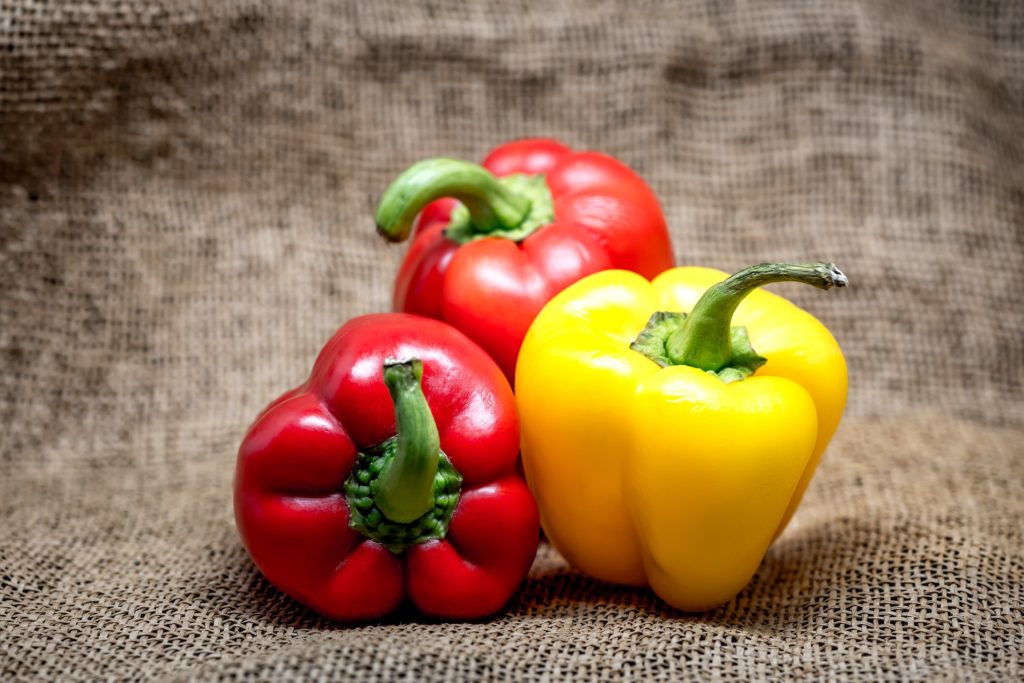
All bell peppers are rich in vitamin C, which helps keep the eyes’ blood vessels healthy and cuts the risk of cataracts. Studies showed that a daily supplement of 300mg vitamin C seems to prevent cataracts; one bell pepper contains about 240mg.
Foods to avoid
High-calorie, processed, and sugary foods— these can lead to weight gain. Obesity can increase the risk of developing several conditions with dire visual consequences, including type 2 diabetes.


